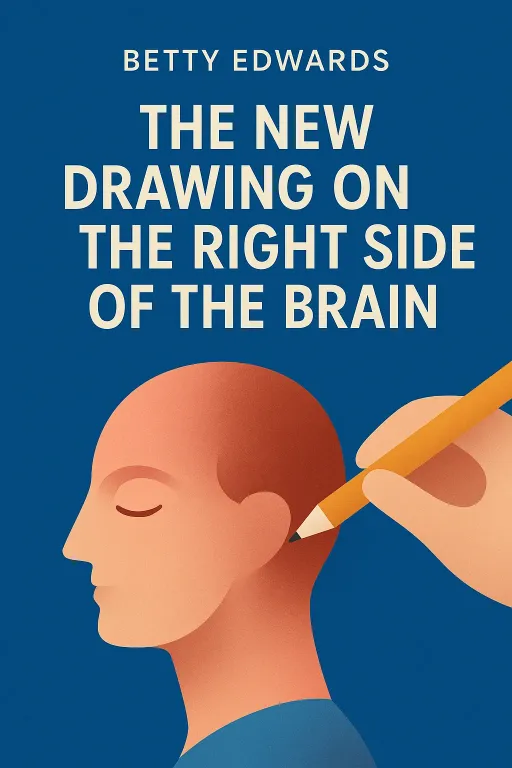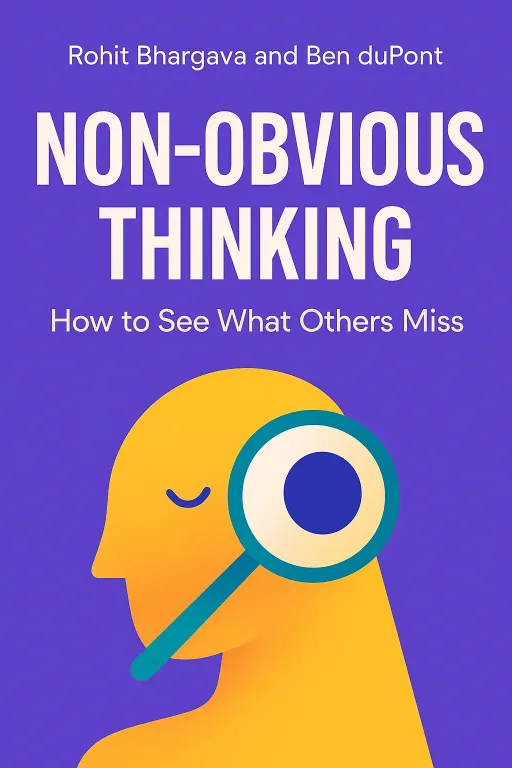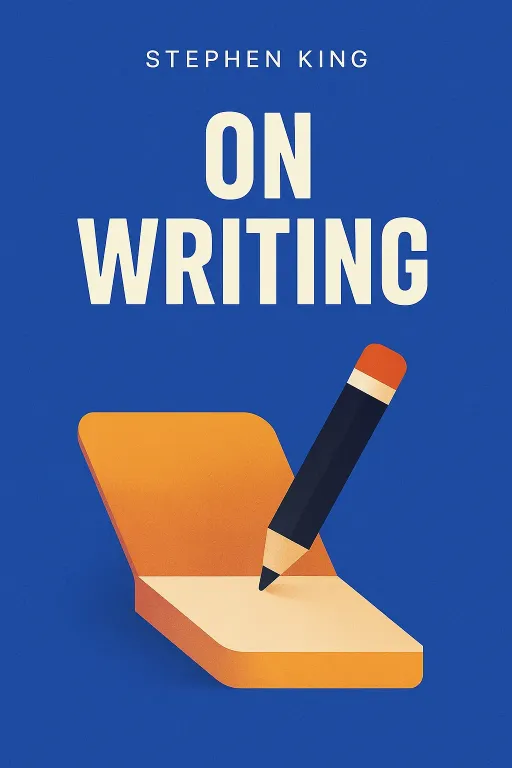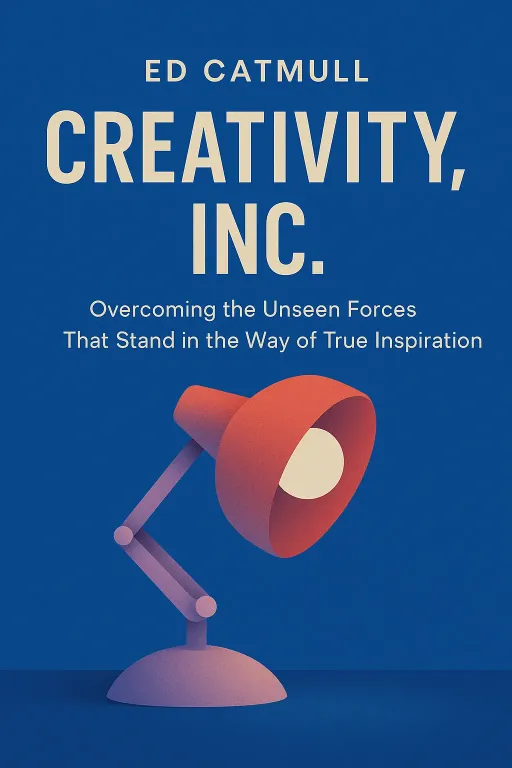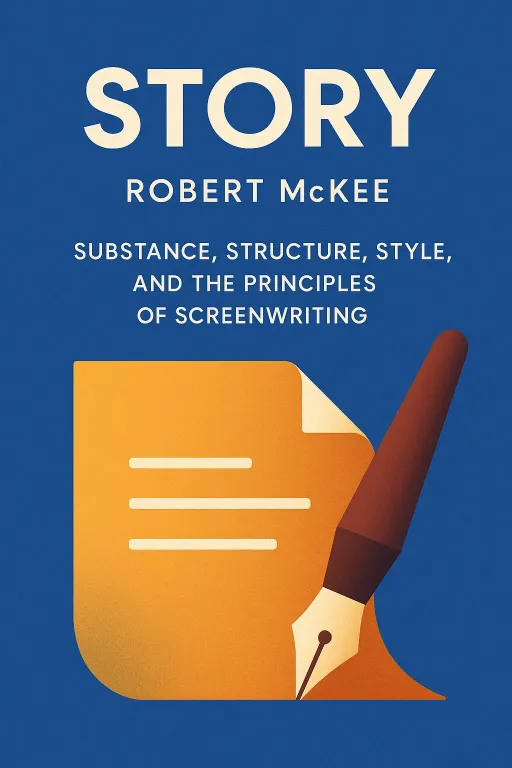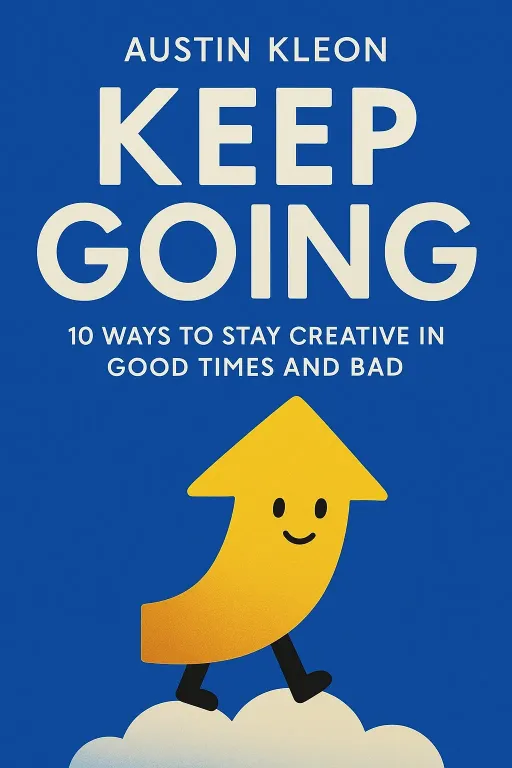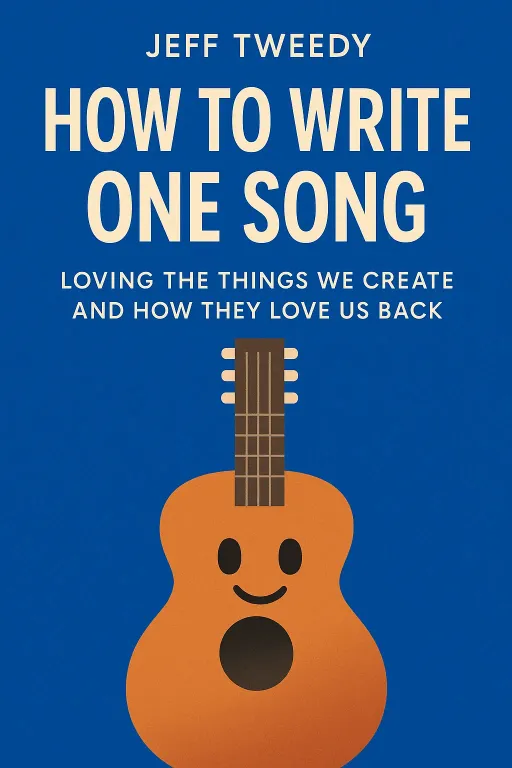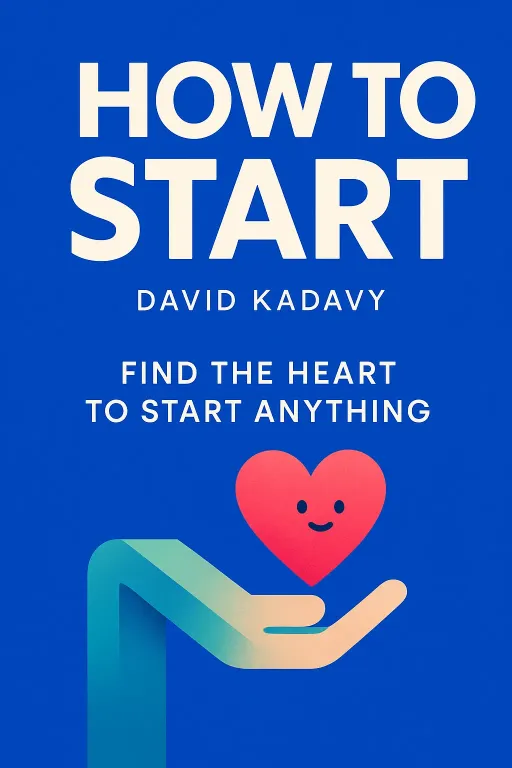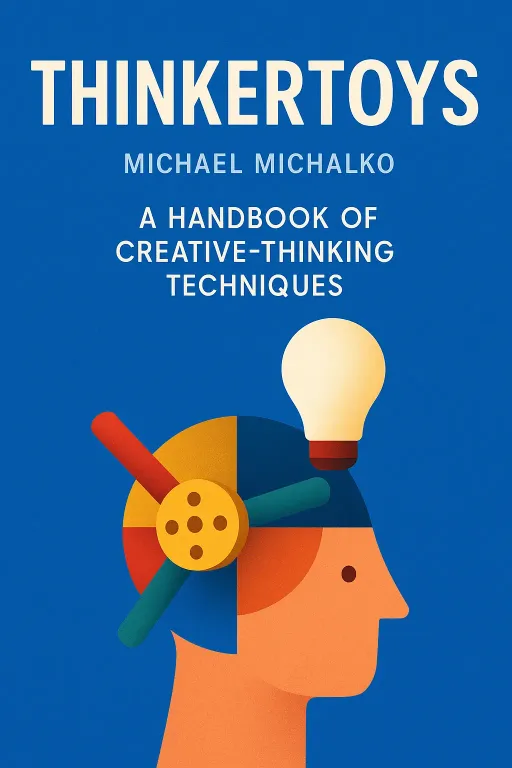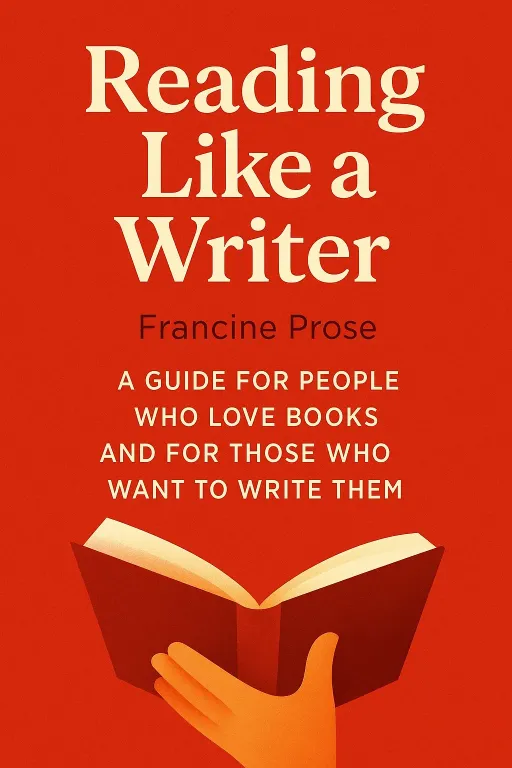
Reading Like a Writer
9 minA Guide for People Who Love Books and for Those Who Want to Write Them
Introduction
Narrator: Imagine a young writer at dinner with a high-powered agent. When asked what he wants to write about, he doesn't mention thrilling plots or marketable genres. Instead, he confesses his true passion: writing great sentences. The agent is horrified, warning him never to admit such a thing to an American publisher. This anecdote captures a central tension in the literary world: the conflict between the commercial demand for plot and the writer’s deep, often private, dedication to craft. It’s this dedication to the very building blocks of literature that Francine Prose champions in her book, Reading Like a Writer: A Guide for People Who Love Books and for Those Who Want to Write Them. Prose argues that the most profound writing education doesn't happen in a workshop, but in the quiet, intense, and analytical act of reading the work of masters.
The Foundation of Writing is Close Reading
Key Insight 1
Narrator: Francine Prose posits that while creative writing workshops can offer valuable community and editing skills, the core of the craft is learned through two fundamental acts: writing and reading. She argues that the love of language and a gift for storytelling cannot be taught, but they can be honed by studying the masters. Writers have always learned by example, studying plot with Homer, style with Montaigne, and meter with Ovid. The key to this apprenticeship is a technique Prose calls "close reading."
She recounts an experience from her high school years that illustrates this principle perfectly. Her English teacher assigned a term paper on the theme of blindness in Oedipus Rex and King Lear. Initially, the task seemed mechanical. The students were instructed to go through both tragedies and circle every single reference to eyes, sight, light, and darkness. What began as a chore soon transformed into a treasure hunt. As they tracked the words, a hidden pattern emerged, a code embedded by the playwrights. Prose describes the feeling as an intimate communication with the writers themselves, a realization that every word was chosen with purpose. This is the essence of reading like a writer: putting every word on trial for its life and understanding how each choice contributes to the whole.
Every Word and Sentence is a Deliberate Choice
Key Insight 2
Narrator: For Prose, literature is built from the ground up, starting with the individual word. She encourages readers to slow down and appreciate that language is the writer's medium, just as paint is for a painter or notes are for a composer. Each word is a deliberate choice designed to create a specific effect. In Flannery O'Connor's "A Good Man Is Hard to Find," the opening paragraph is a masterclass in this principle. The grandmother's simple statement that she "wouldn't take her children in any direction with a criminal like that aloose in it" not only establishes her manipulative character but also foreshadows the story's tragic conclusion with chilling precision.
This focus on precision extends to the sentence, which Prose considers the writer's most essential unit of expression. She argues that a well-crafted sentence, whether long and complex like those of Virginia Woolf or short and declarative like Raymond Carver's, must prioritize clarity and rhythm. In her essay "On Being Ill," Virginia Woolf opens with a long, winding sentence that mirrors the disorienting, expansive inner world of sickness. In contrast, Raymond Carver’s story "Feathers" uses a series of short, simple sentences to convey a profound sense of happiness and a turning point in the narrator's life: "That evening at Bud and Olla’s was special. I knew it was special. That evening I felt good about almost everything in my life." Both are effective because they are clear, rhythmic, and perfectly suited to their purpose.
Paragraphs and Dialogue Breathe Life into Structure
Key Insight 3
Narrator: If words and sentences are the bricks, paragraphs are the architectural forms that give a narrative its shape and rhythm. Prose, referencing the Russian writer Isaac Babel, describes a new paragraph as a "flash of lightning that shows the same landscape from a different aspect." Paragraphs are not arbitrary breaks but a form of literary respiration, allowing for shifts in time, perspective, and emphasis. The decision of where to break a paragraph is deeply instinctual. As the fictional detective Nero Wolfe claims in a Rex Stout mystery, a writer might disguise every element of their style, but their paragraphing comes from the "depths of personality." A single sentence isolated in its own paragraph, like the famous opening of Pride and Prejudice, commands attention, while a long, unbroken paragraph can build tension or immerse the reader in a stream of consciousness.
Dialogue, similarly, does more than just convey information. Prose argues against the common pitfall of using dialogue for clumsy exposition. Instead, great dialogue reveals character, creates subtext, and advances the plot simultaneously. In the novels of Henry Green, characters rarely say what they mean directly. Their conversations are a dance of inquiry and evasion, where they try to extract information without revealing their own intentions. This mirrors real-life speech, which is often layered with unspoken goals and emotions. What is left unsaid is frequently more important than what is spoken, creating a rich subtext that engages the reader's intelligence.
Character Emerges from Action and Perspective
Key Insight 4
Narrator: Prose challenges the idea that character is something to be described through a list of traits. Instead, compelling characters are revealed through their actions, their speech, and, most importantly, the narrative point of view. The choice of who tells the story, and to whom, is one of the most critical decisions a writer makes. A first-person narrator like Nabokov's Humbert Humbert in Lolita immediately establishes a unique, if deeply unsettling, voice that colors the entire novel. His obsession is not just described; it is performed through his lyrical, possessive language.
Even an omniscient third-person narrator has a personality. The narrator of George Eliot's Middlemarch is wise, compassionate, and analytical, guiding the reader through the complex social and psychological landscape of the novel. Characters are not simply puppets; they are revealed through the lens of a specific consciousness. Prose highlights how writers like Heinrich von Kleist reveal character almost entirely through action. In The Marquise of O—, we learn about the characters not from what they look like, but from what they do in extreme circumstances—a siege, a mysterious pregnancy, a public notice. This demonstrates that character is not a static description but a dynamic process of revelation.
Reading Provides the Courage to Write
Key Insight 5
Narrator: Ultimately, Prose argues that reading the masters provides more than just technical knowledge; it provides courage. When a writer feels stuck, studying how others have solved similar problems can be immensely inspiring. Prose shares her own experience of struggling to write a party scene until she reread James Joyce’s “The Dead” and analyzed how he orchestrated the voices of the guests. Similarly, when trying to write a scene of horrific violence, she turned to Isaac Babel, noticing that he often preceded such moments with passages of intense lyricism, a technique she successfully borrowed for her own work.
This kind of "carnivorous" reading, as Prose calls it, is not about stealing but about admiring, absorbing, and learning. It teaches a writer that rules are made to be broken and that there are infinite ways to tell a story. By engaging with the work of great authors, a writer joins a timeless conversation, drawing strength and inspiration from those who came before. It transforms reading from a leisure activity into an essential part of the writer's toolkit, a source of both practical solutions and the courage to face the blank page.
Conclusion
Narrator: The single most important takeaway from Reading Like a Writer is that reading is an active apprenticeship. Francine Prose demystifies the craft of writing by showing that its secrets are not locked away in exclusive workshops but are available to anyone willing to read slowly, deliberately, and with the focused eye of a creator. She teaches that to write well, one must first learn to read well, deconstructing the work of masters to understand how they achieve their effects word by word, sentence by sentence.
This approach fundamentally changes one's relationship with literature. A book is no longer just a story to be consumed for its plot, but a complex machine to be taken apart, studied, and admired for its elegant engineering. The ultimate challenge Prose leaves for her audience is to pick up their next book not merely as a passive reader, but as an apprentice, ready to learn from a master at work.
